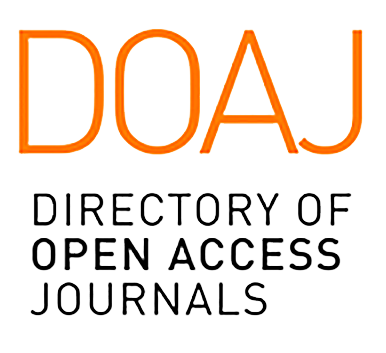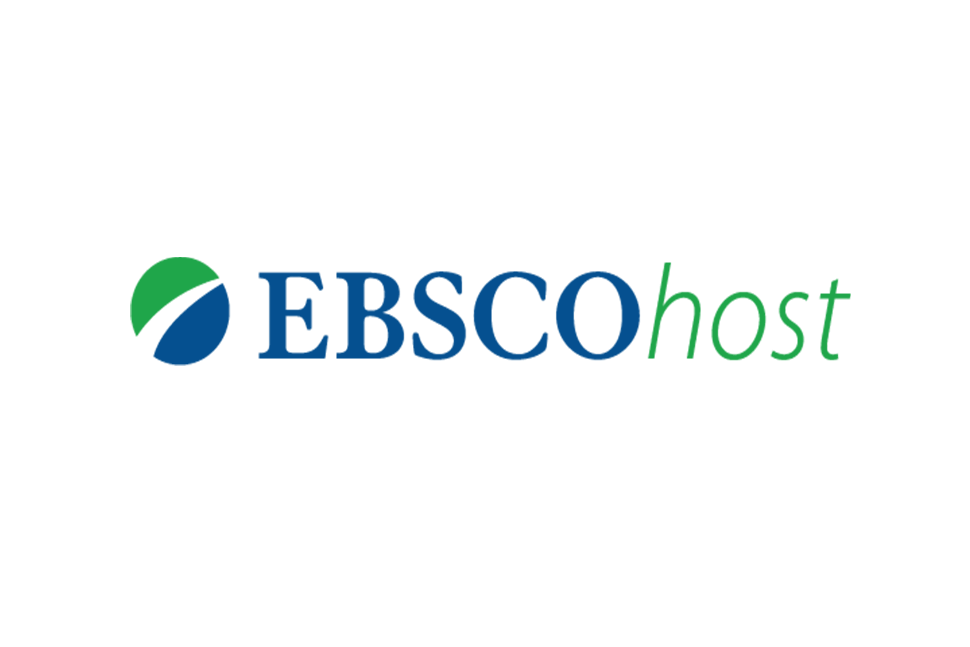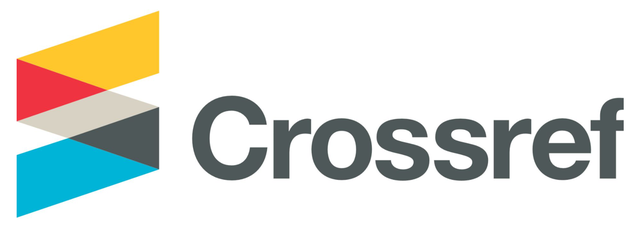

2708-9517






MLA Directory of Periodicals
REAO: East Asian Studies Journals
EBSCO Education
DOAJ
ProQuest
Google Scholar
Semantic Scholar
ROAD
BASE
Helka Helsinki Library
Baidu Scholar
Ex Libris
Jouroscope
US Department of Commerce Research Library

Fangzheng Zhang
Yuxiao Du
Harvard University, USA
Abstract
The one-on-one session, a typical component of Chinese as a Foreign Language (CFL) courses, transitioned to an online format during the COVID-19 pandemic, utilizing Synchronous ComputerMediated Communication (SCMC). Existing literature highlights the advantages of ComputerMediated Communication (CMC) instruction over traditional face-to-face methods in augmenting learning outcomes and experiences, with SCMC particularly effective in enhancing oral proficiency. However, scant attention has been paid to whether this relative advantage of SCMC extends to bolstering students’ Willingness to Communicate (WTC). This study, therefore, investigates the aforementioned question within the context of the one-on-one session component of college-level CFL courses. Six college students enrolled in an elementary Chinese course in the U.S. participated in this research. Qualitative data were gathered through structured interviews, during which the participants articulated their perceived WTC within both instructional modes, alongside their evaluations of four specific factors: anxiety, sense of control, familiarity, and environment. The results revealed that students had mixed feelings regarding the influence of SCMC on their WTC, shedding light on the convenience associated with the online modality, as well as the efficacy and enriched interpersonal engagement of the in-person alternative. Concerning the four specific factors, participants perceived a higher sense of control during SCMC interactions, while in-person sessions garnered appreciation for their sense of familiarity and conducive environment. Responses pertaining to anxiety displayed a divergence of opinions. The paper concludes by delineating implications for future research and offering pedagogical suggestions suited to the post-pandemic educational landscape.
Keywords
Chinese as a Foreign Language (CFL), One-on-one session, Post-COVID-19, Synchronous ComputerMediated Communication (SCMC), Willingness to Communicate (WTC)
线上同步外语“单班课”对学生沟通意愿的影响
张方正
杜宇潇
哈佛大学,美国
摘要
对外汉语课堂的重要组成部分“单班课”在新冠疫情期间开始大量以同步线上沟通的形式展开。过往诸多研究表明,较之面对面交流,线上交流在提升学习成果、优化学习体验等方面具有优势,其中,同步线上沟通尤其有利于提升口语水平。然而,鲜有研究讨论同步线上沟通的优势在强化学习者沟通意愿方面是否依然存在。因此,本文旨在针对大学阶段对外汉语课的“单班课”的环节对这一问题进行研究。被试者为在美国一所高校修读基础汉语课程的六位学生。研究者通过结构化采访收集定性数据,数据内容为被试者在线下沟通和同步线上沟通这两种教学模式中所感知到的沟通意愿的比较,也包括他们对影响沟通意愿的四种因素(焦虑感、掌控感、熟悉感和环境)的比较。结果显示,针对同步线上沟通对沟通意愿的影响,被试者看法不一,他们既指出了同步线上沟通的便利性,又肯定了线下沟通的高效率和较为理想人际互动体验。在四种影响因素中,同步线上沟通时的掌控感更强,但线下沟通时熟悉感更强,环境更佳。同时,不同学生对于两种模式下的焦虑感反馈不一。最后,本文将为未来的相关研究和后疫情时期的对外汉语教育提供建议。
关键词
对外汉语;单班课;后疫情时代;同步线上沟通;沟通意愿